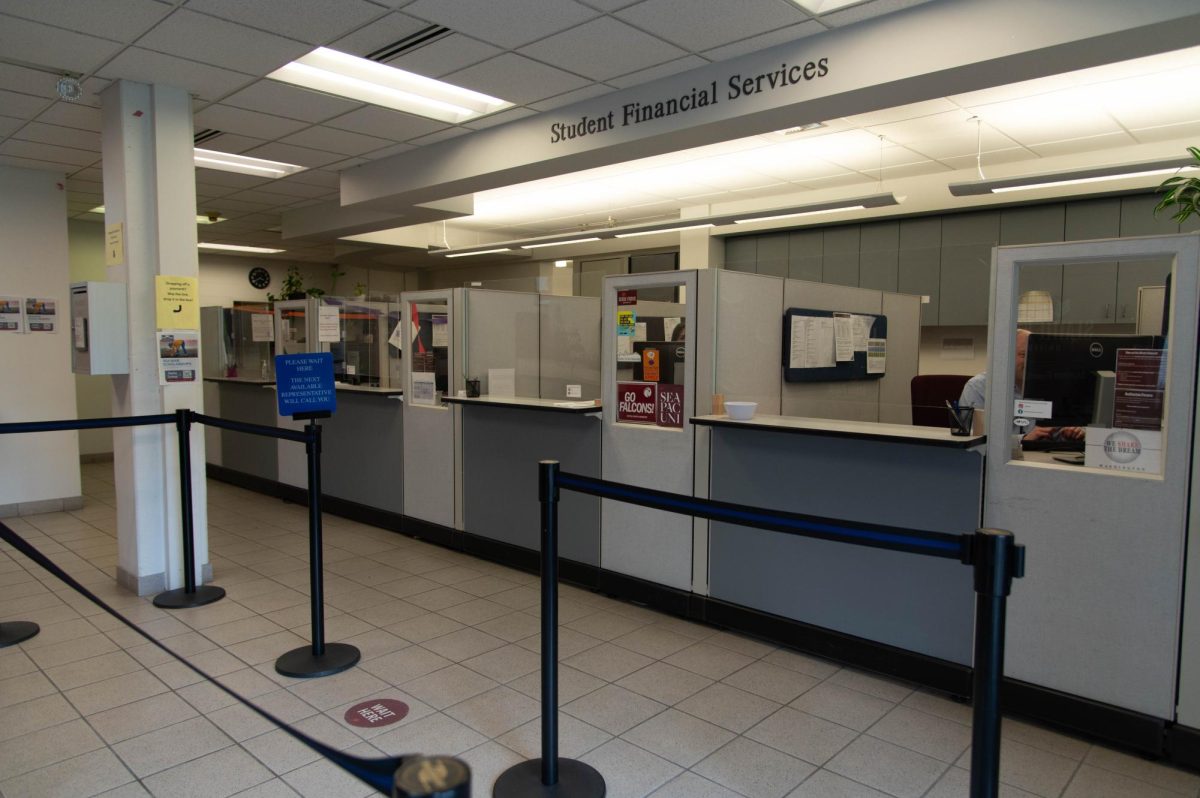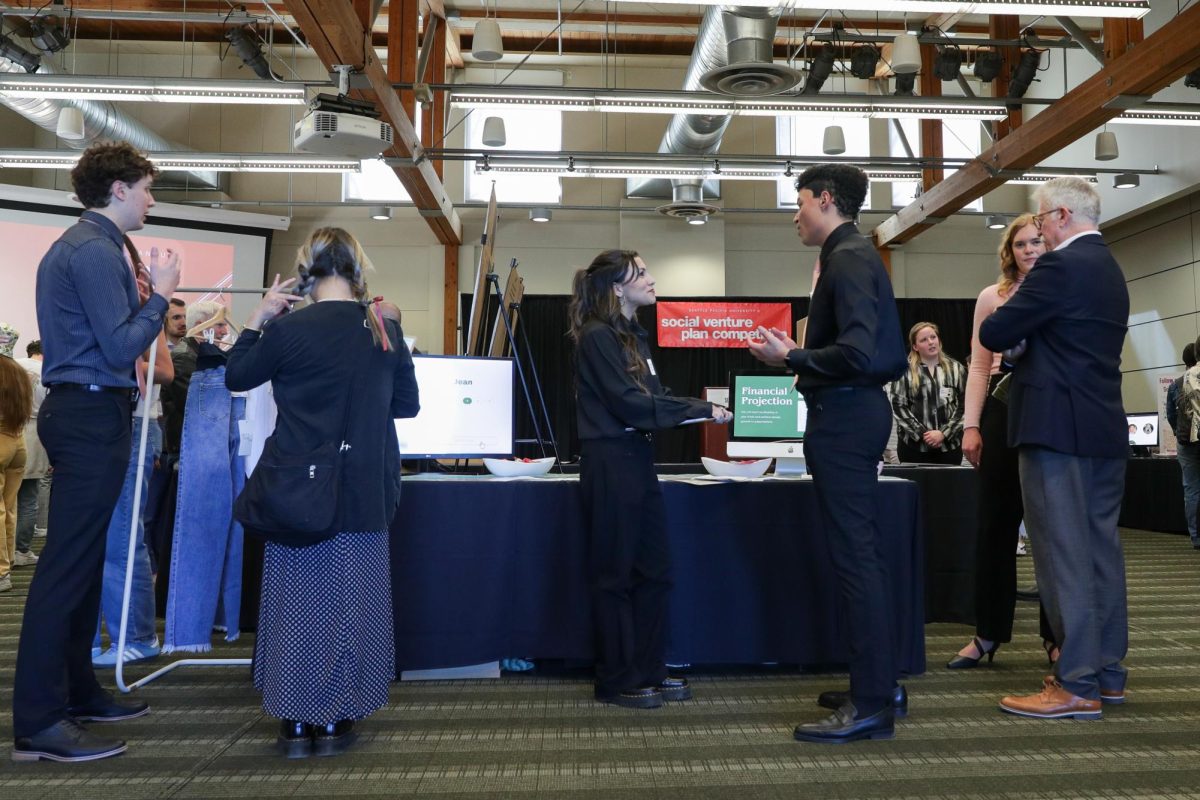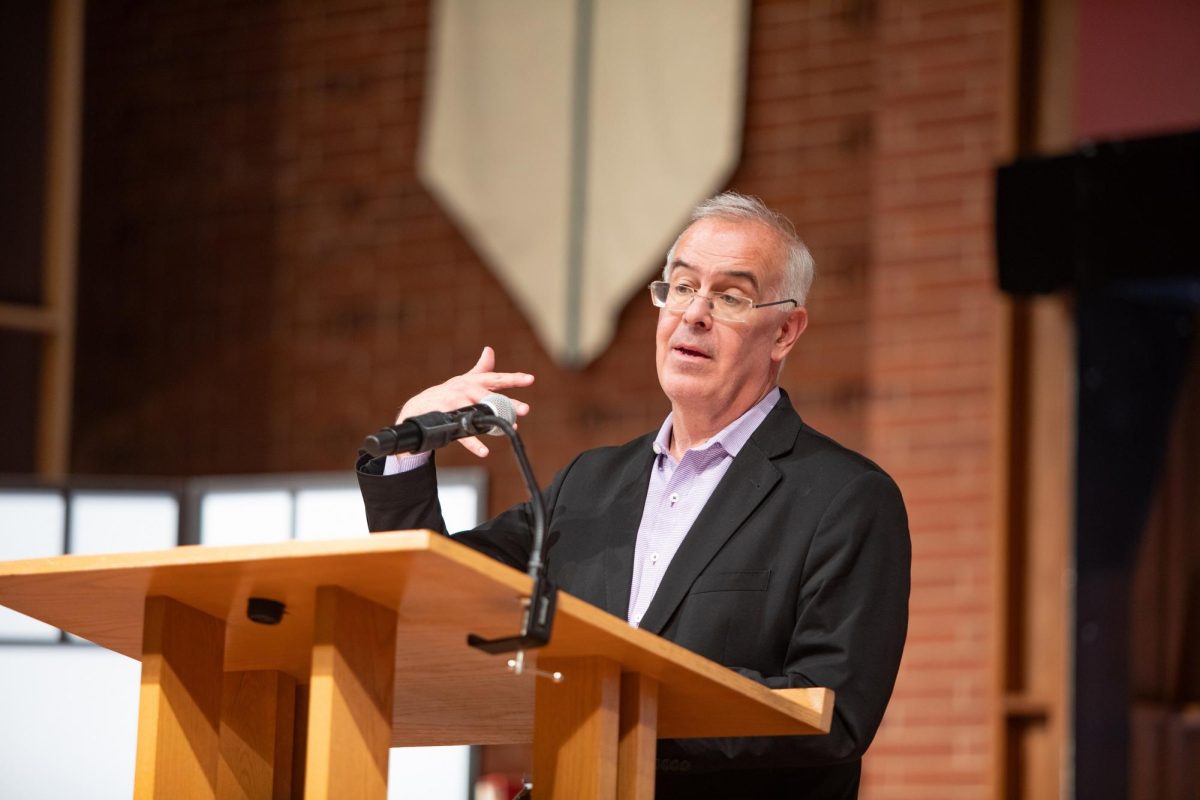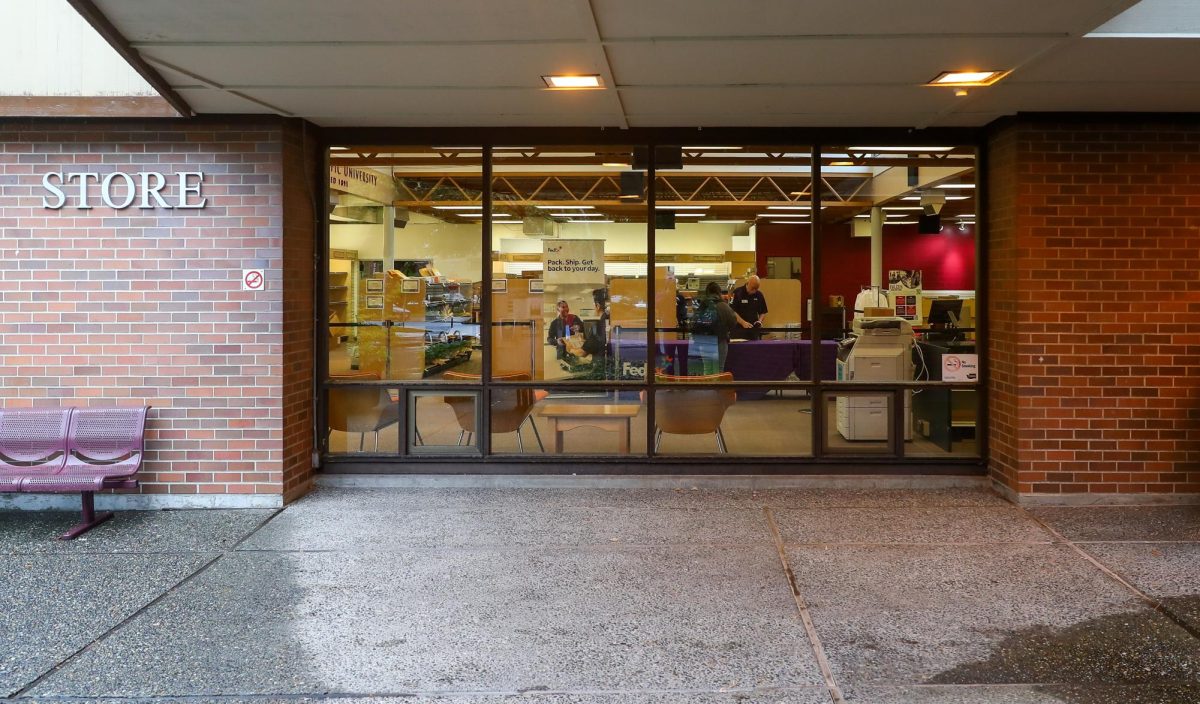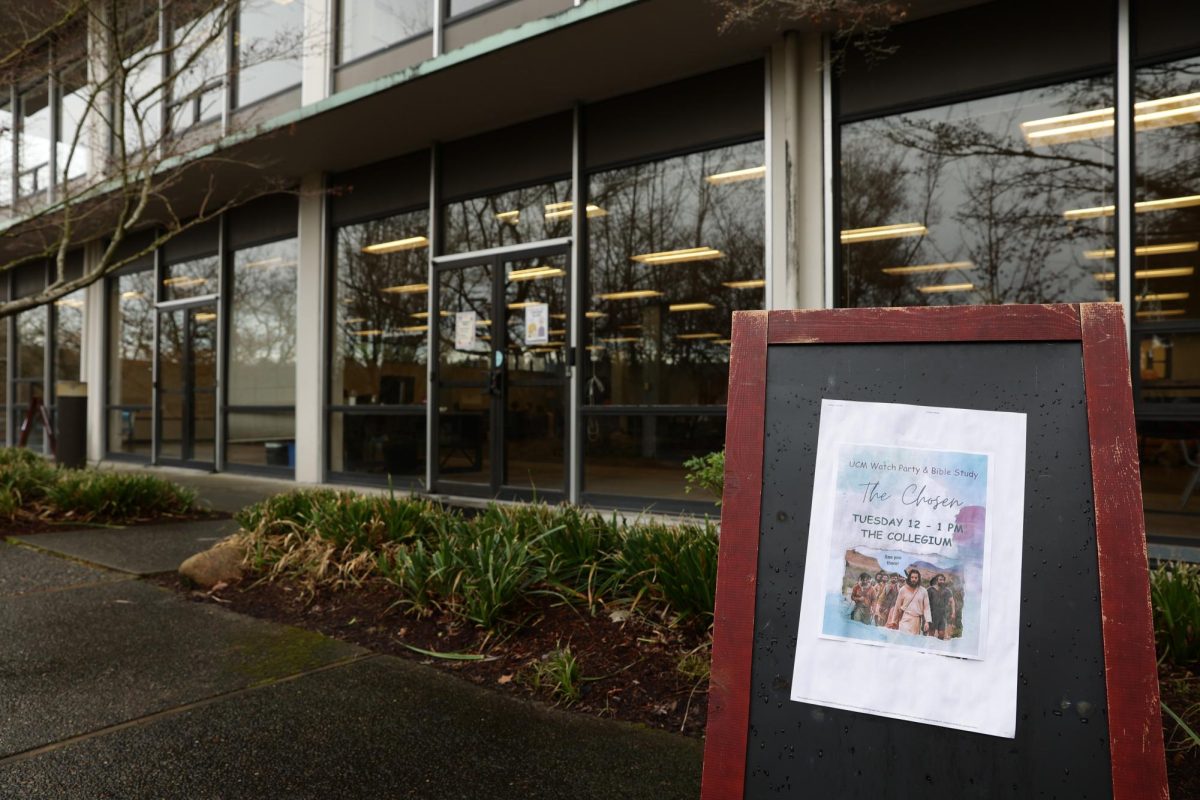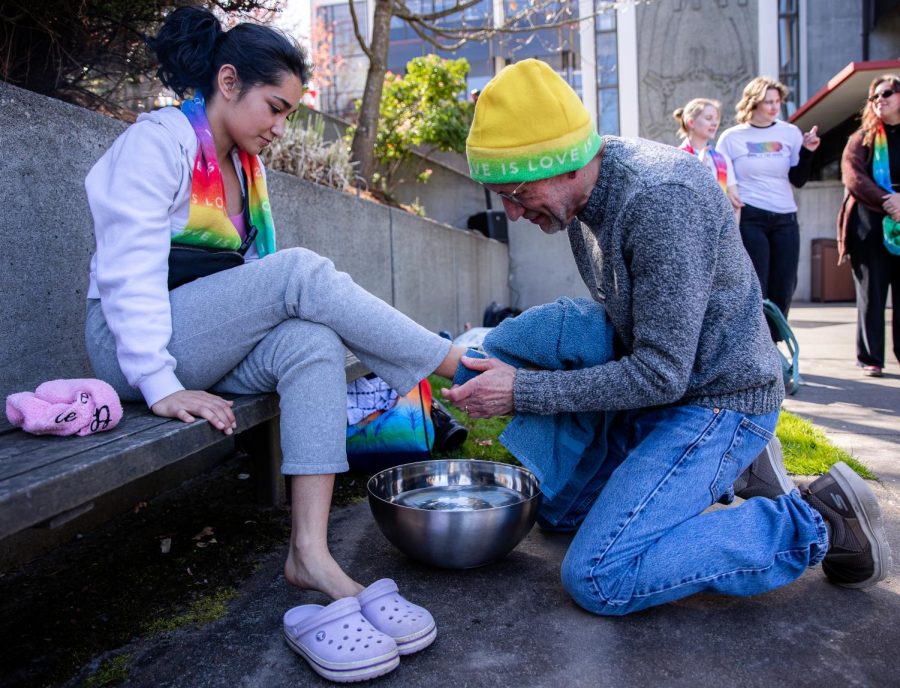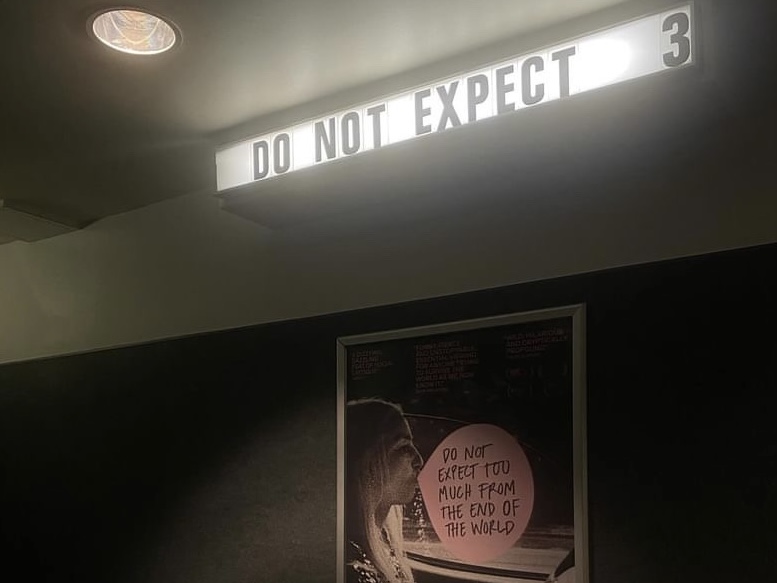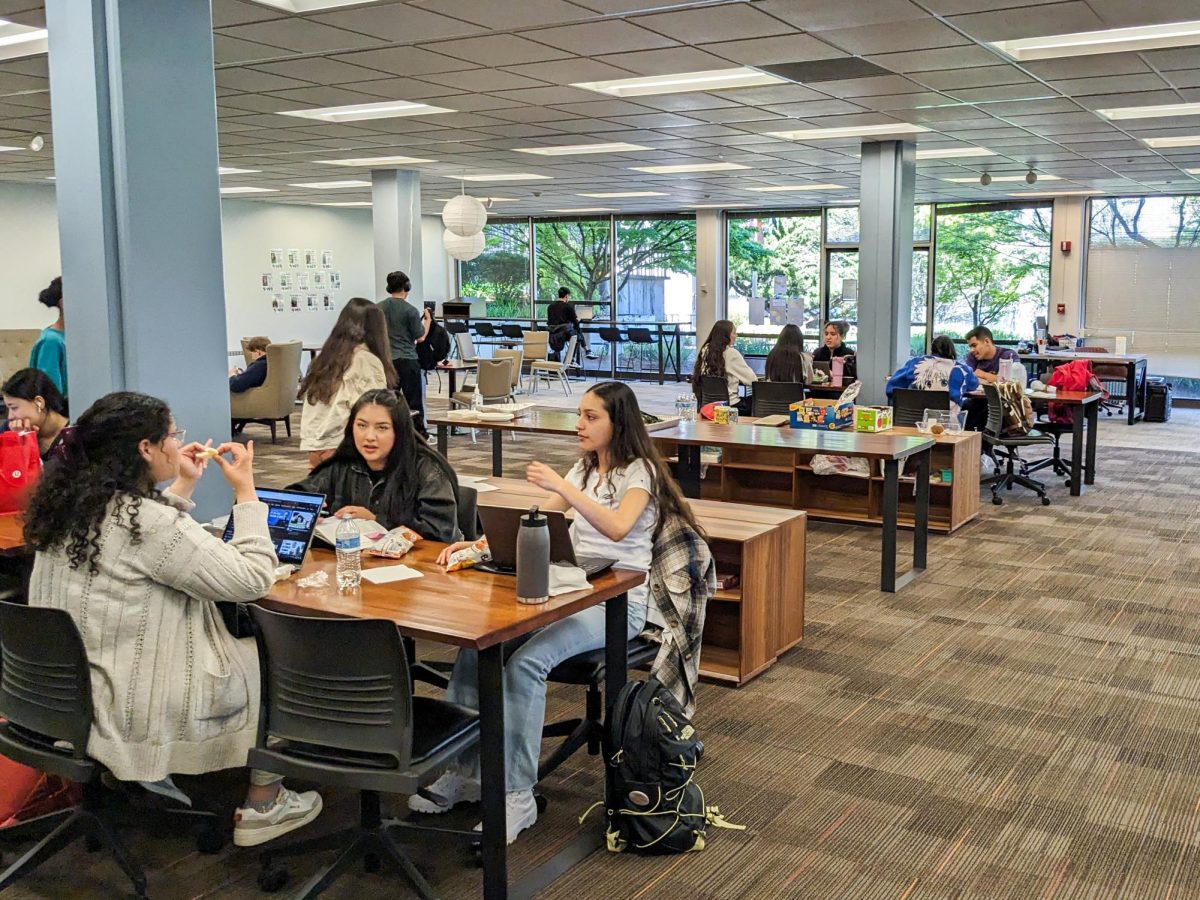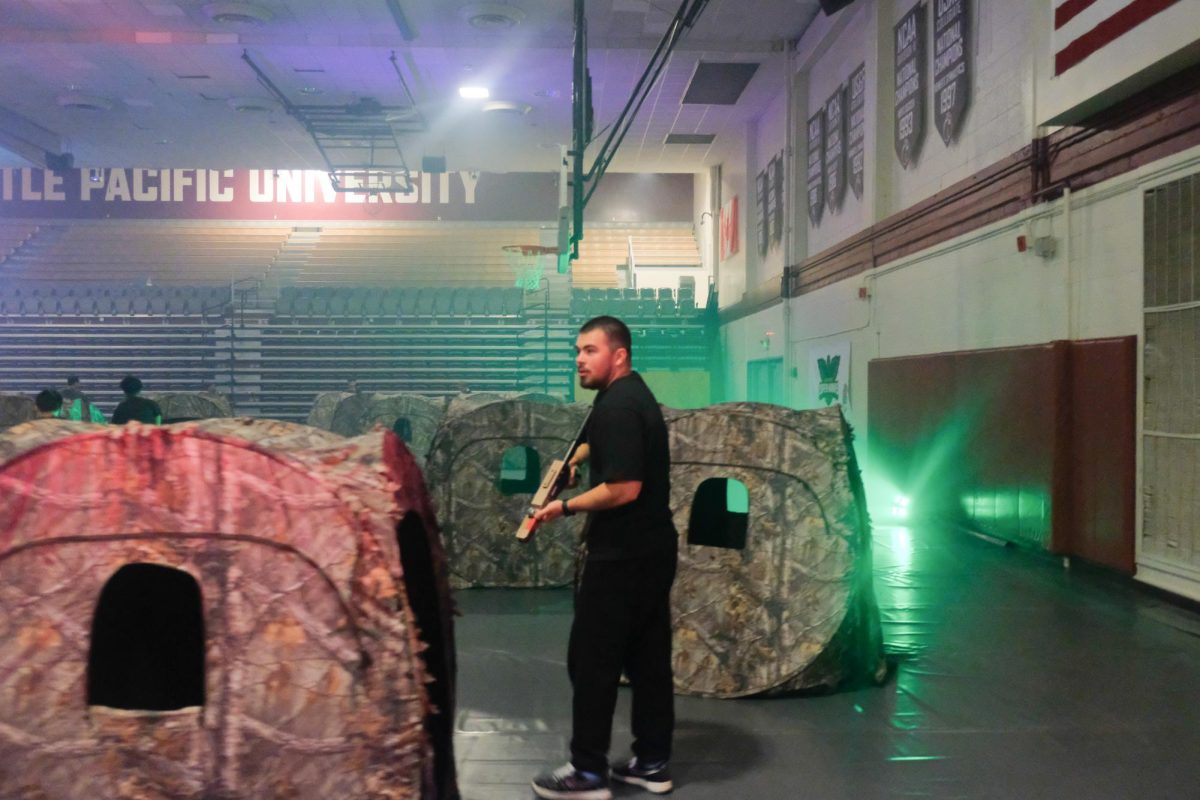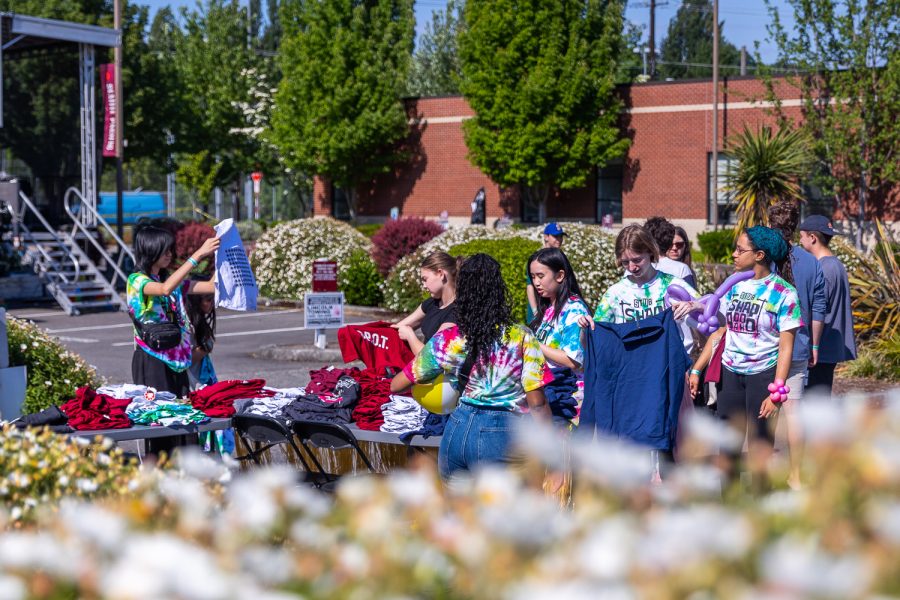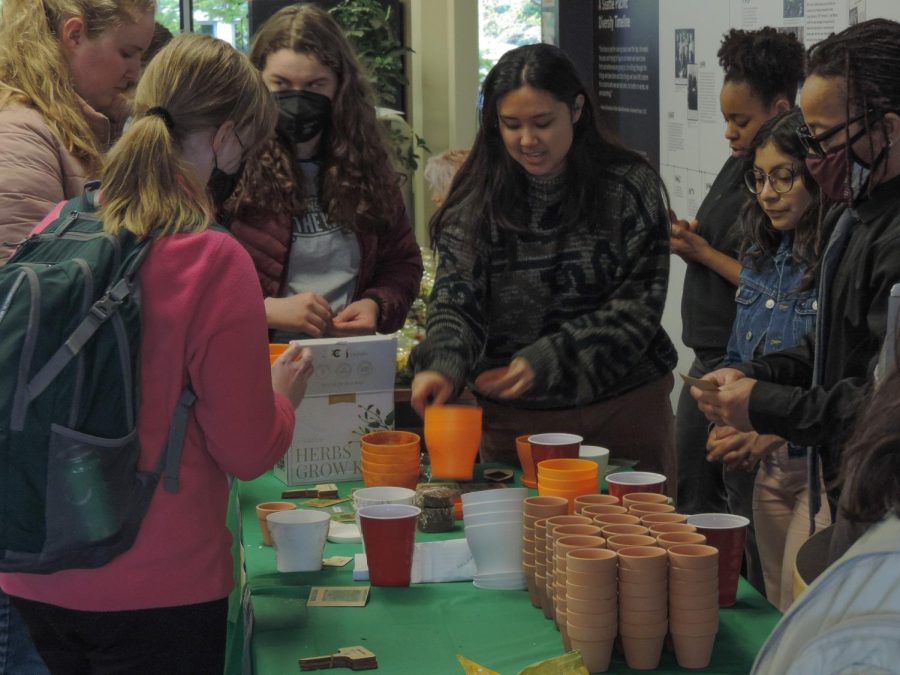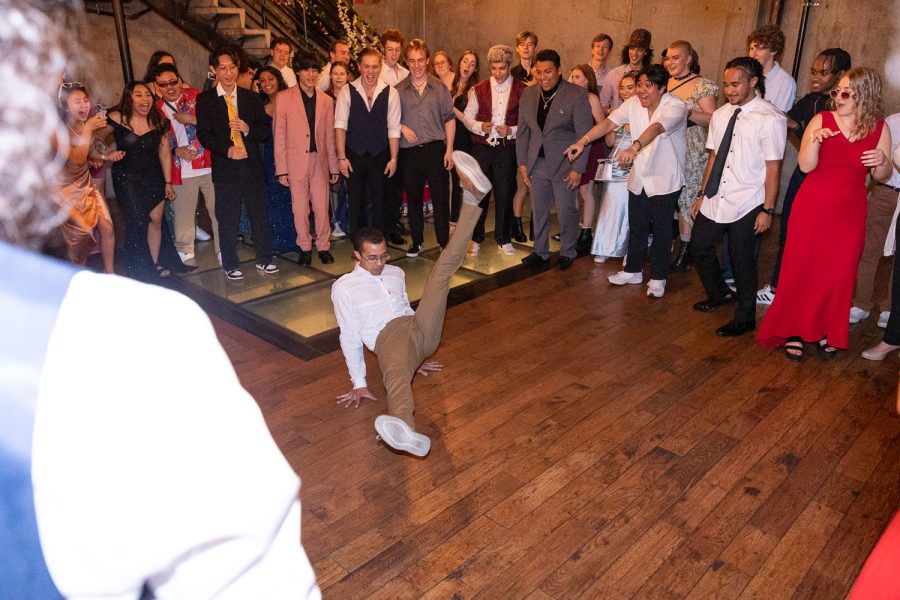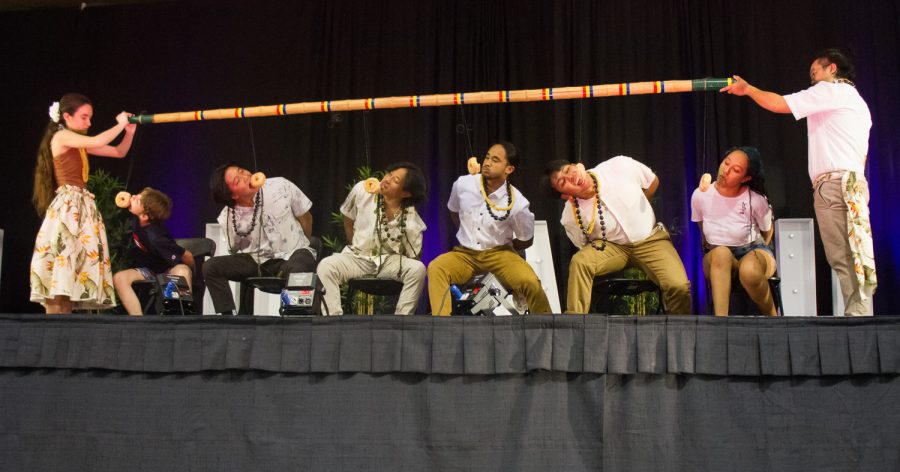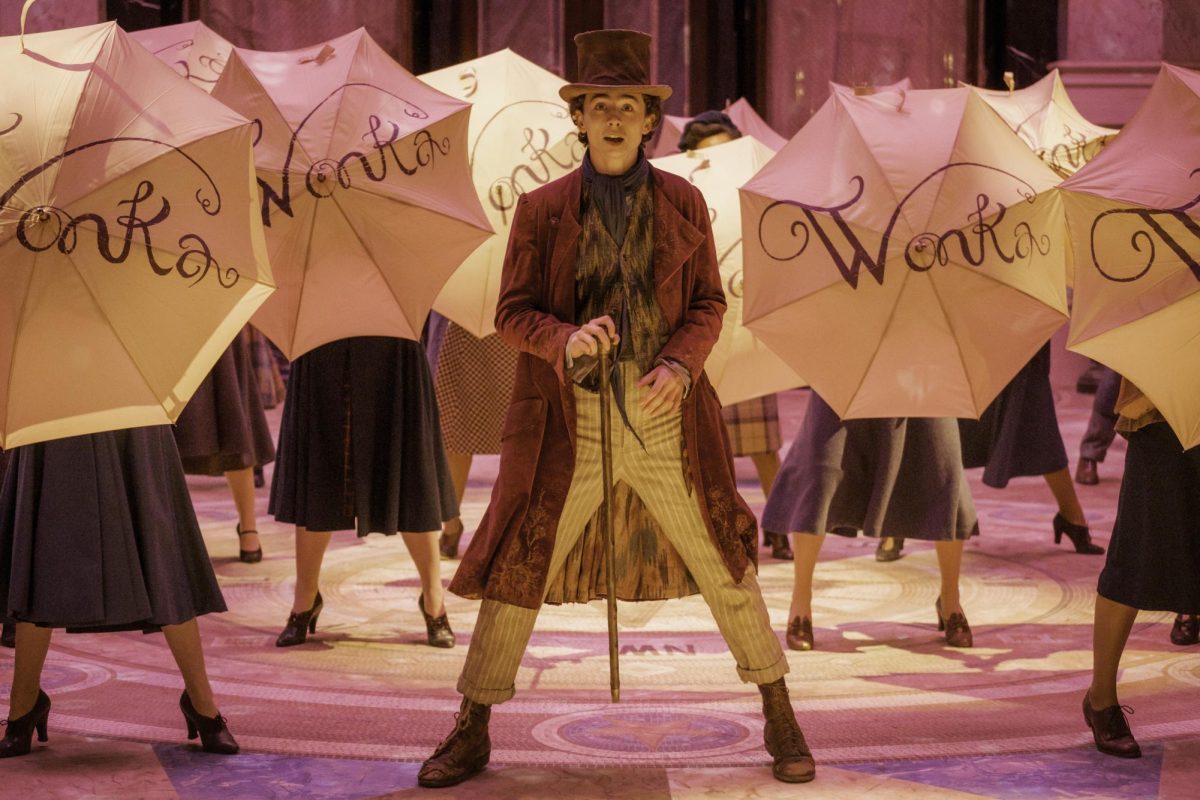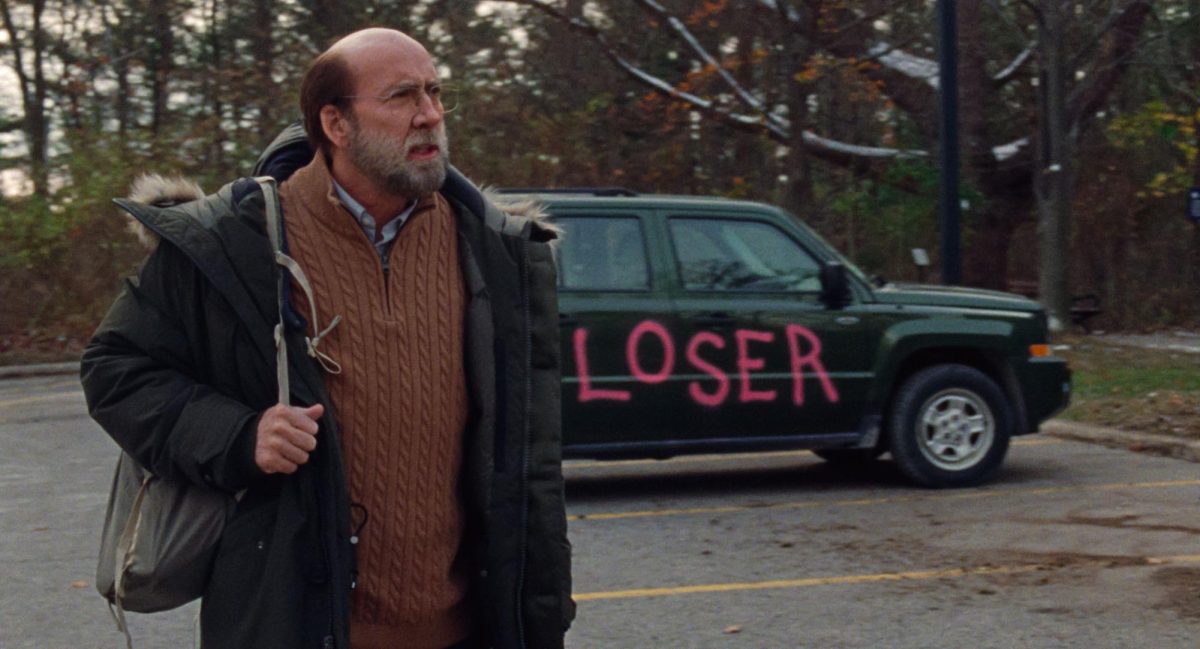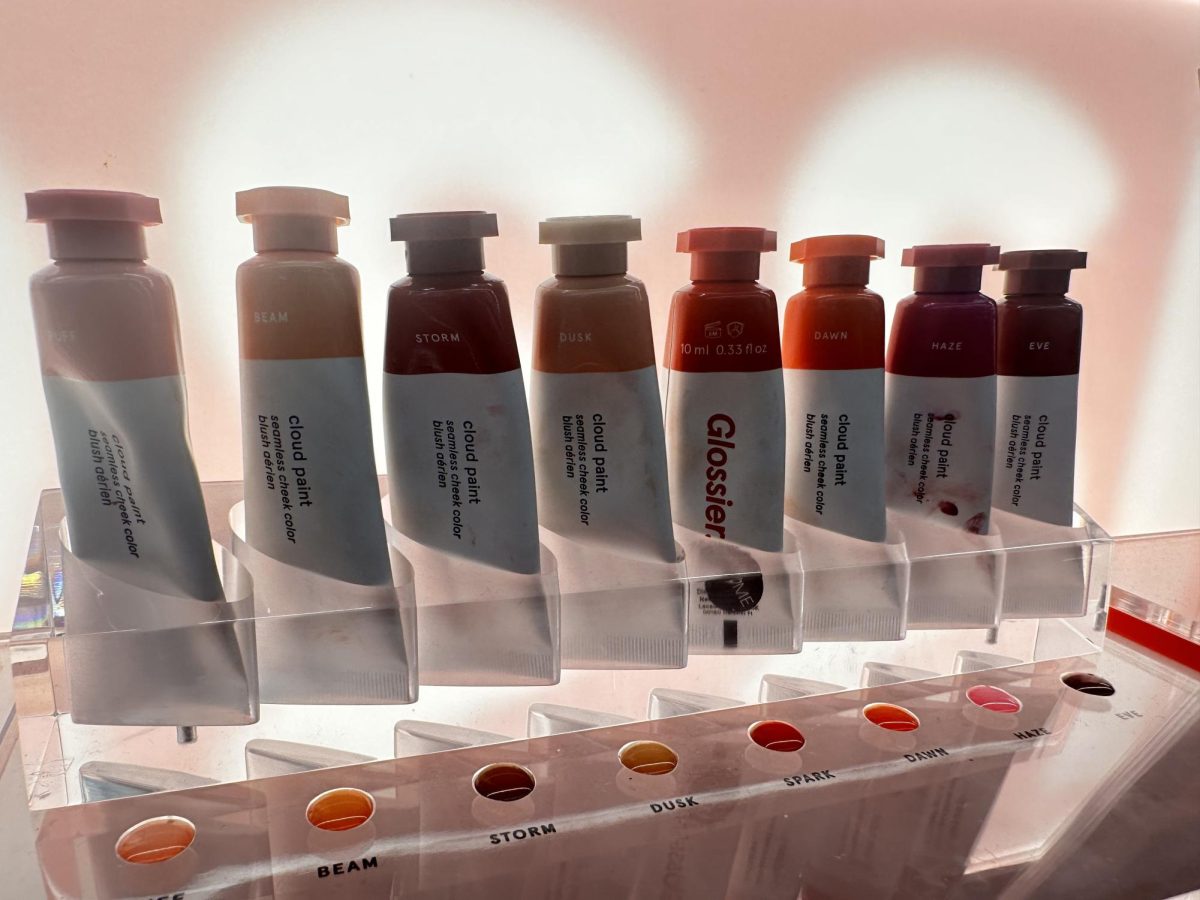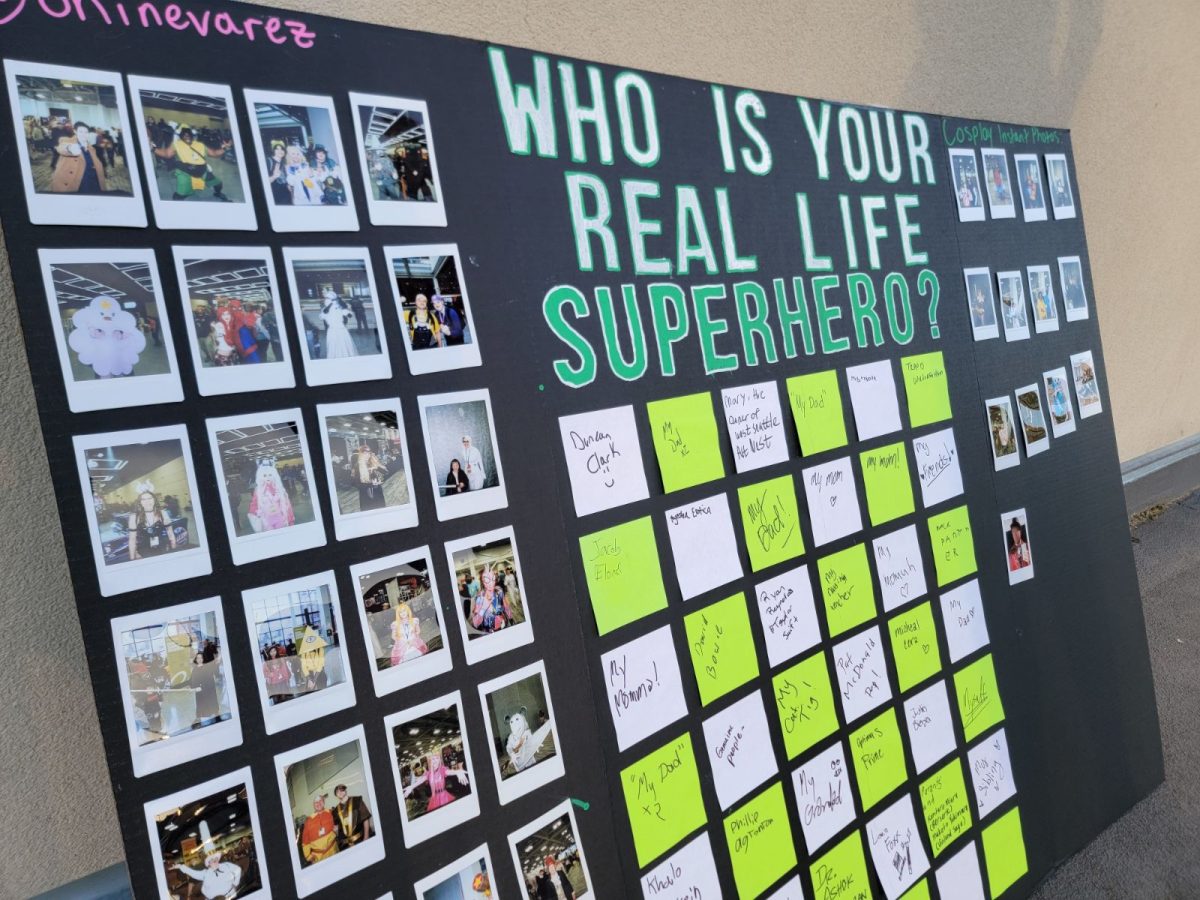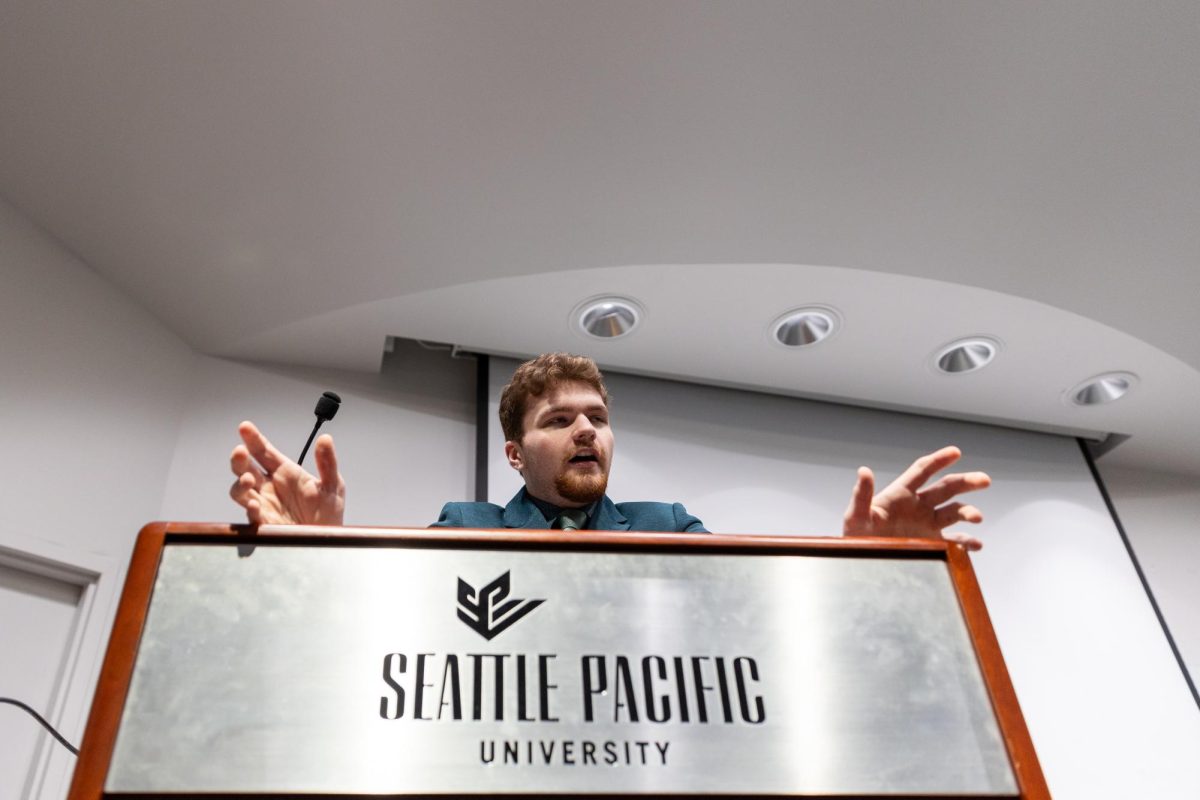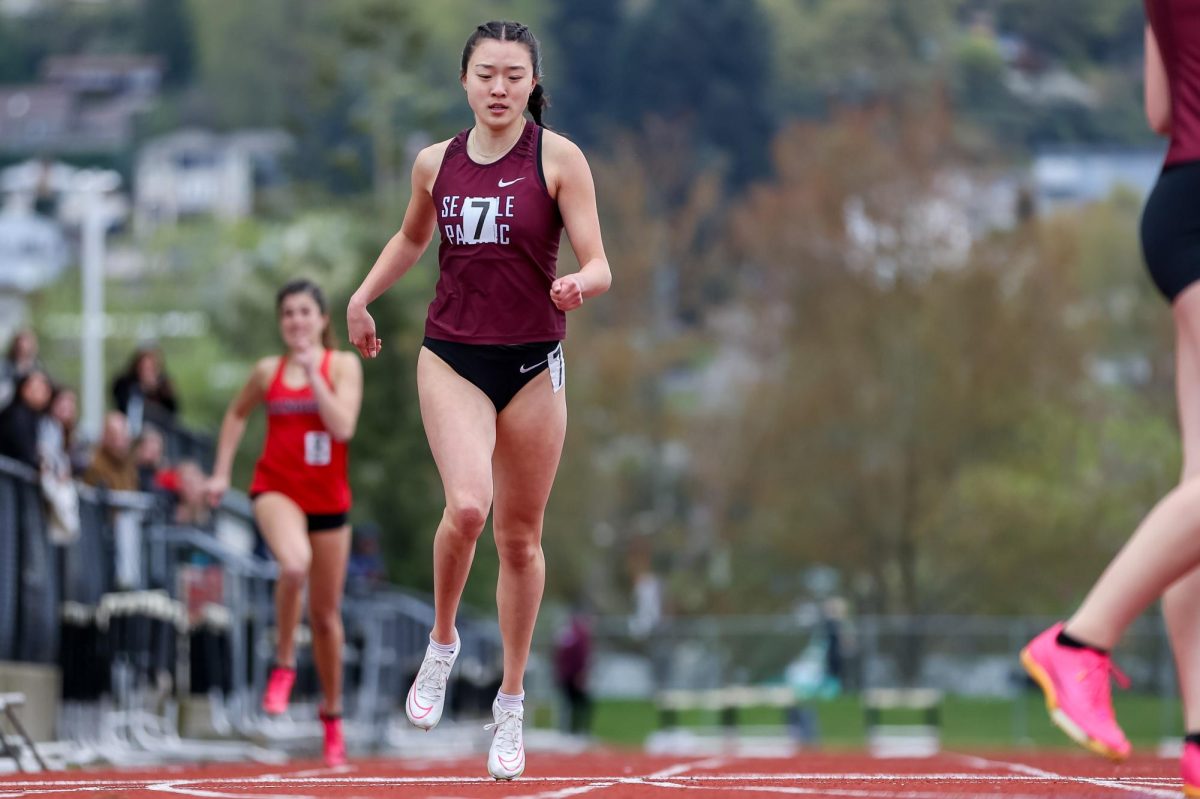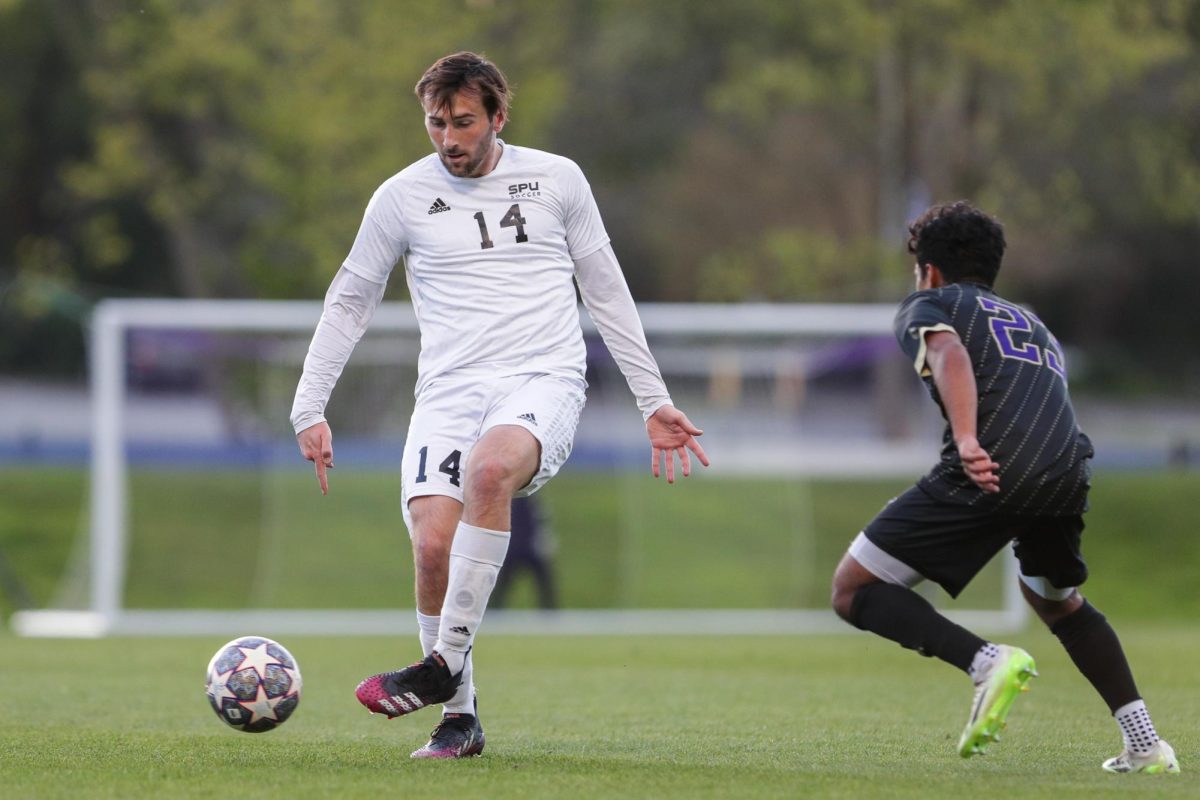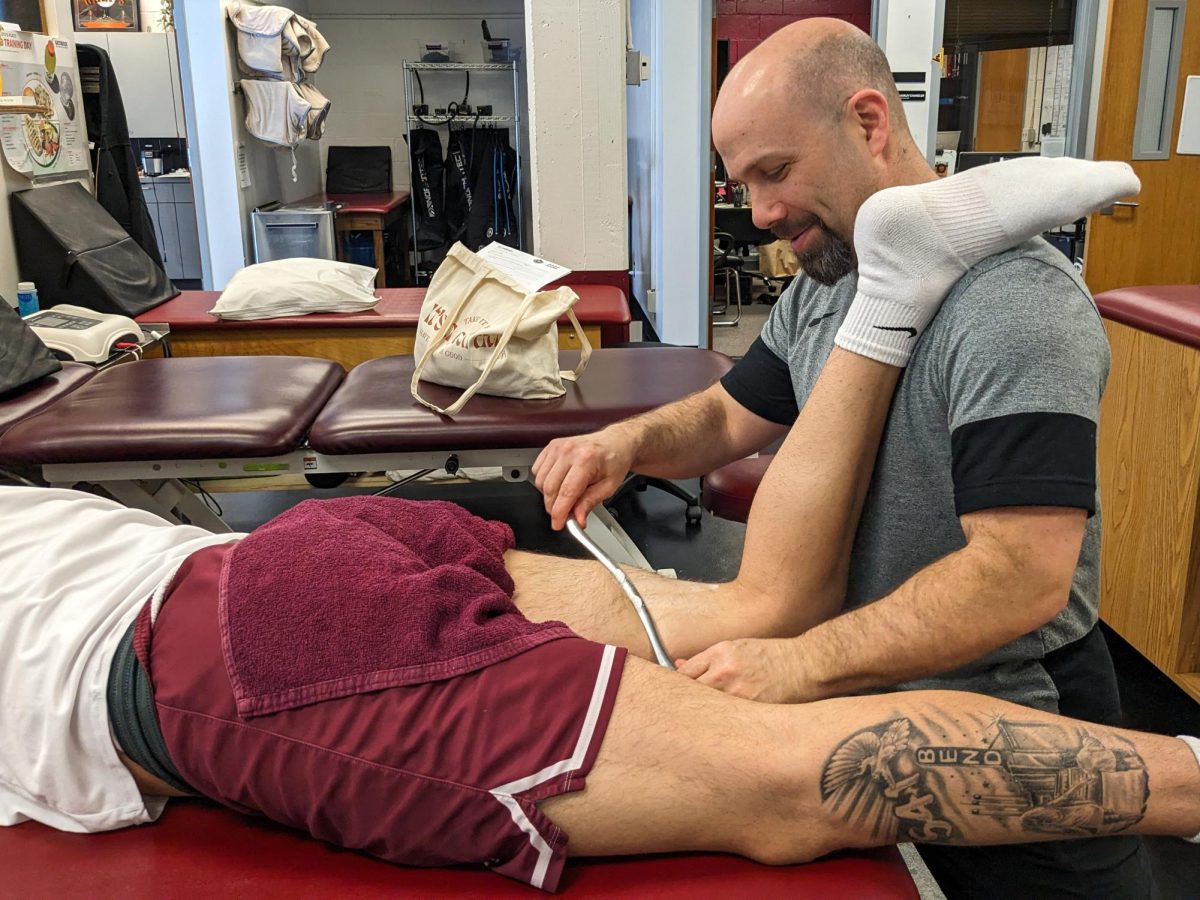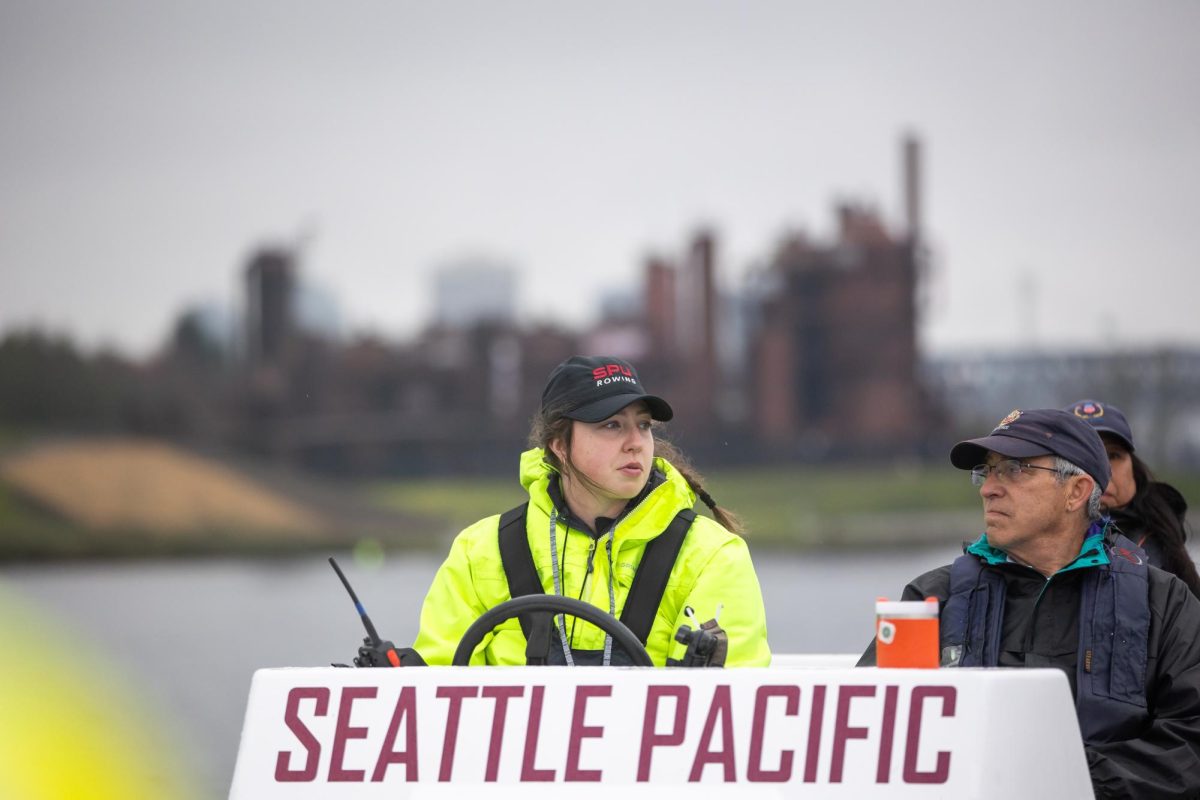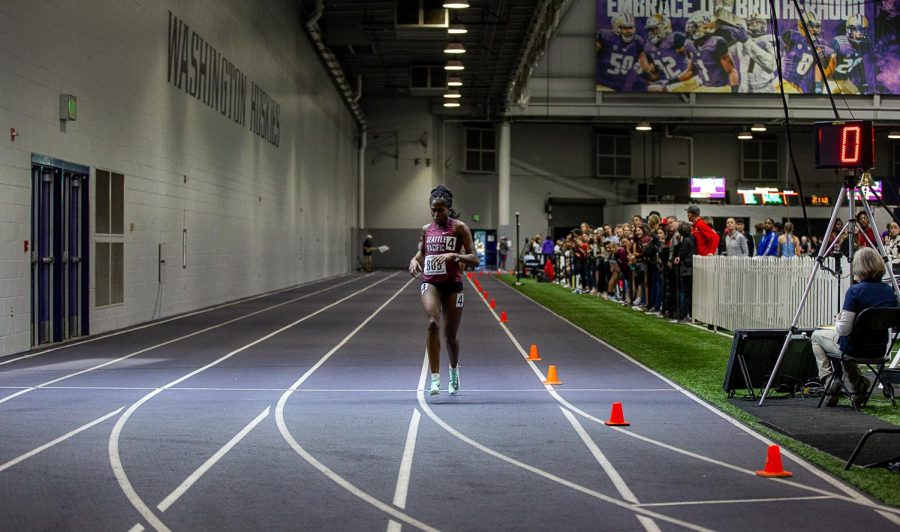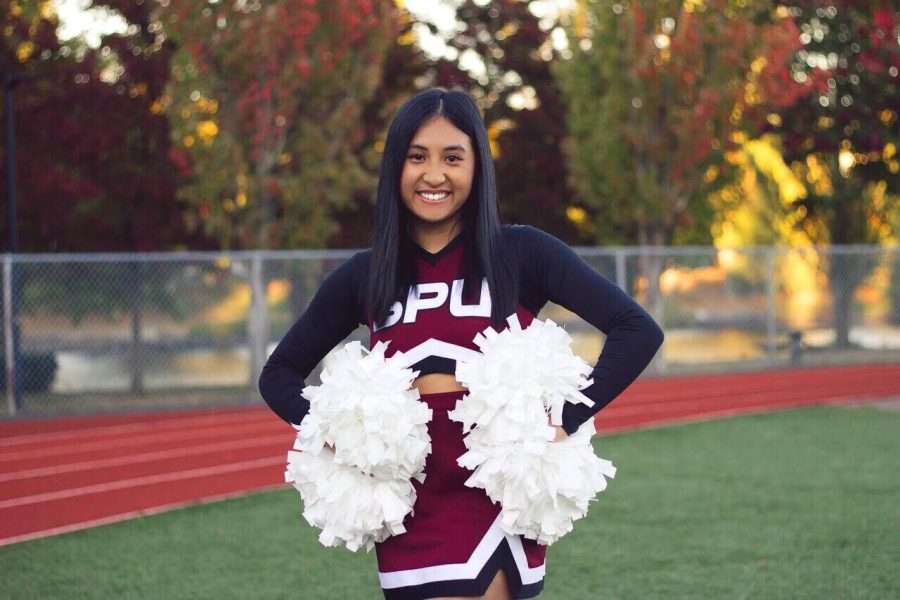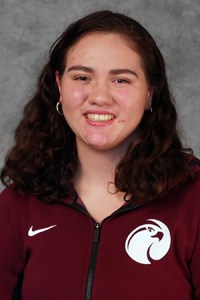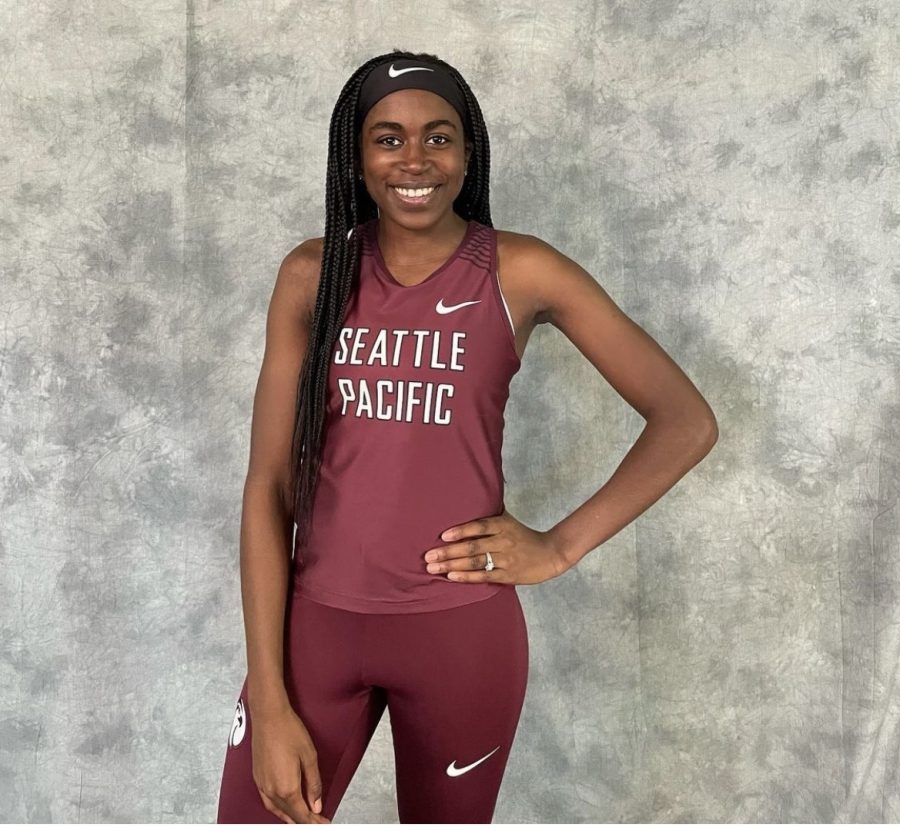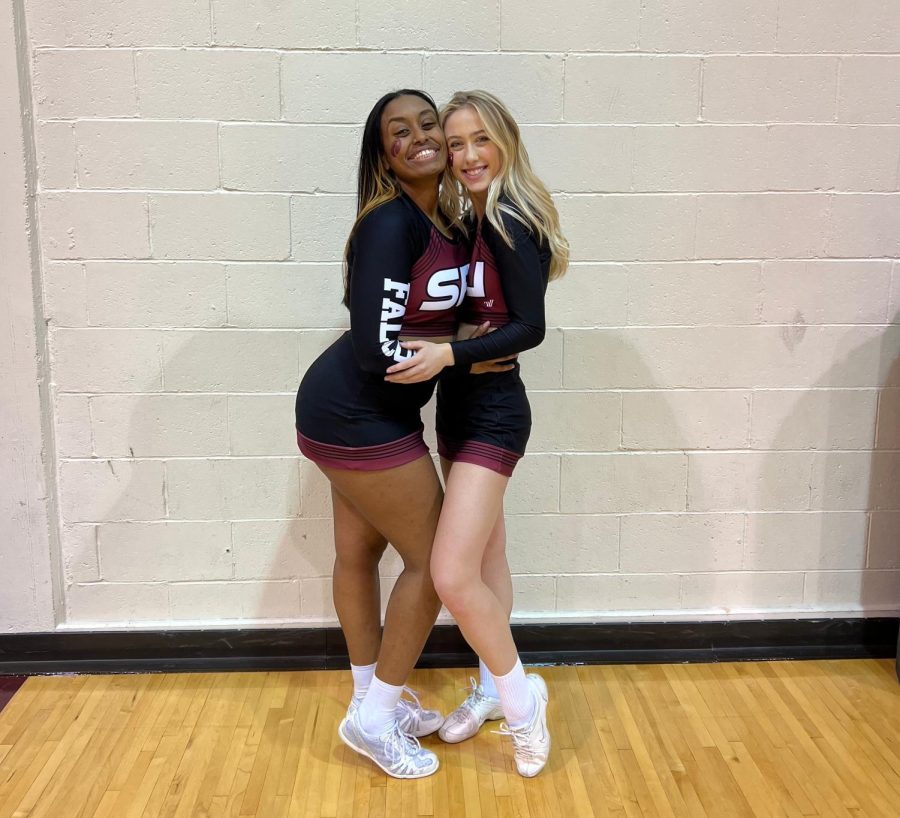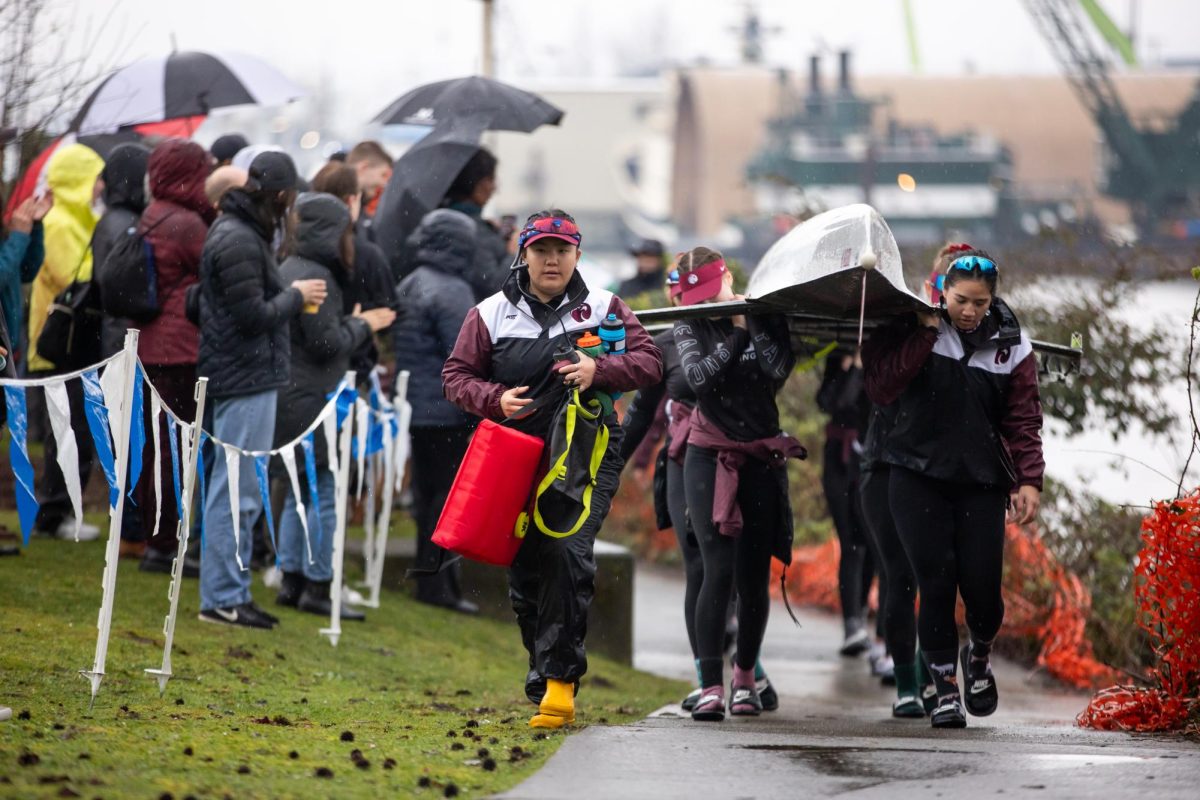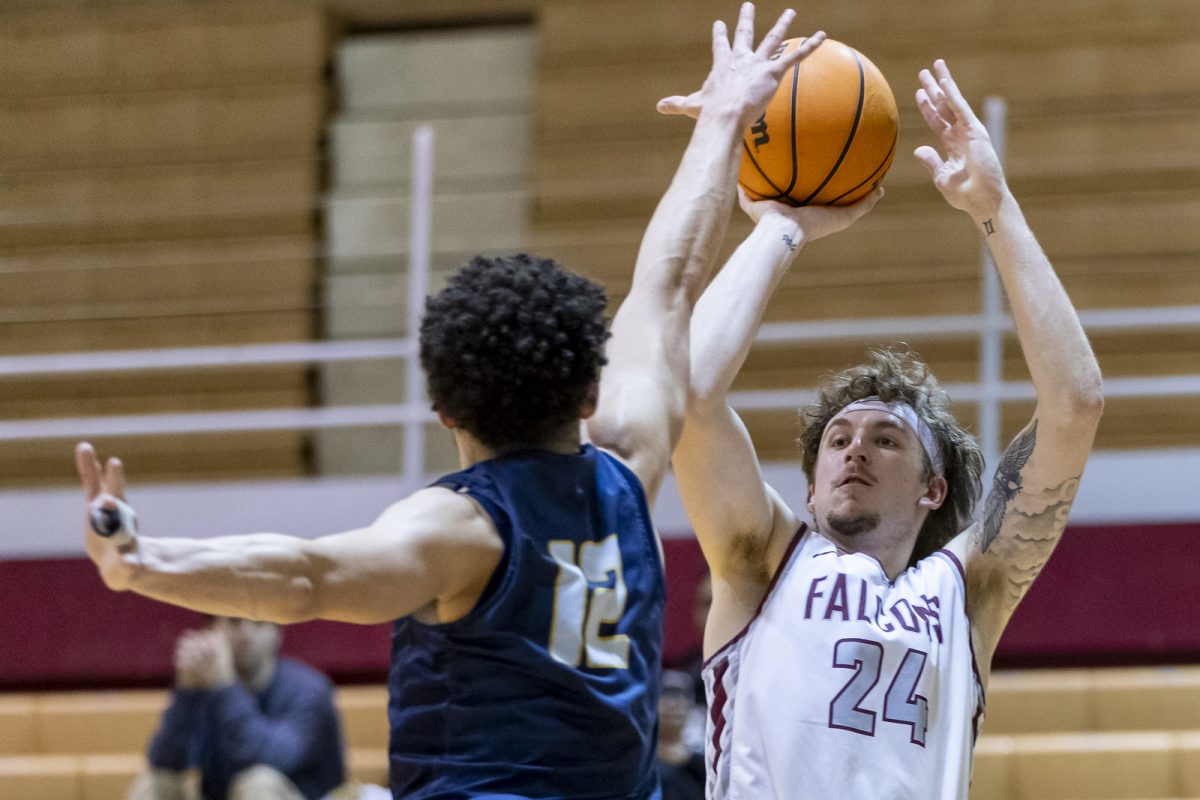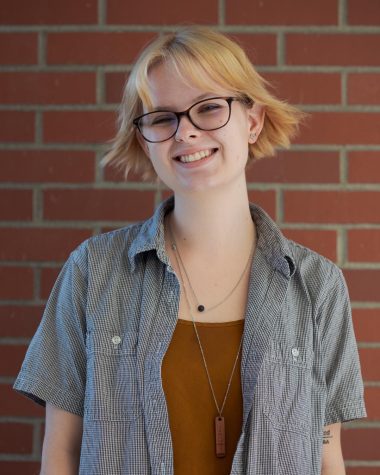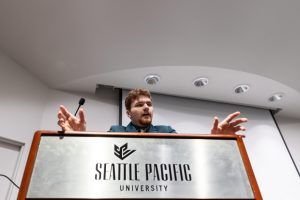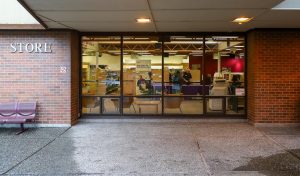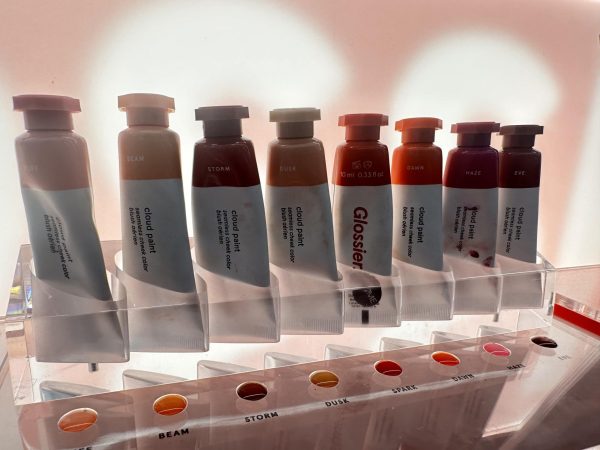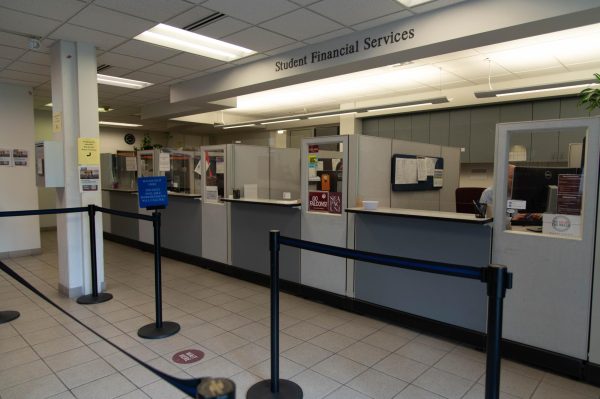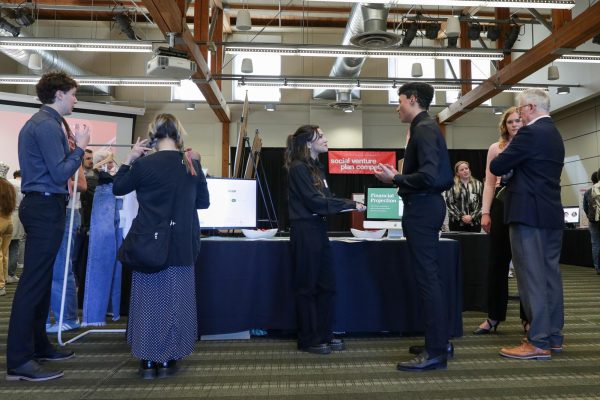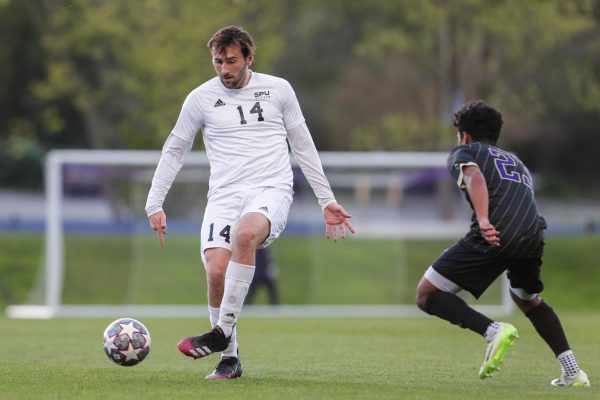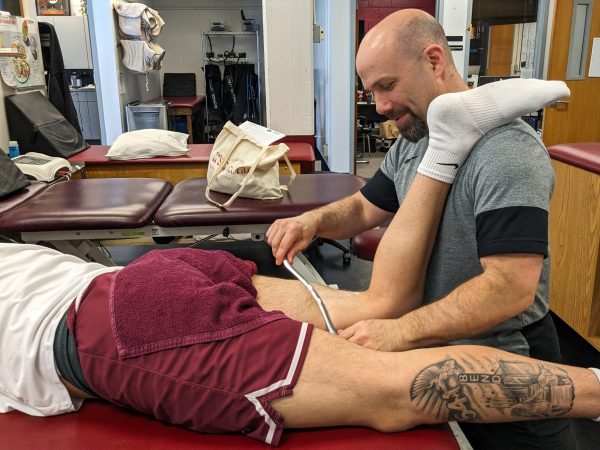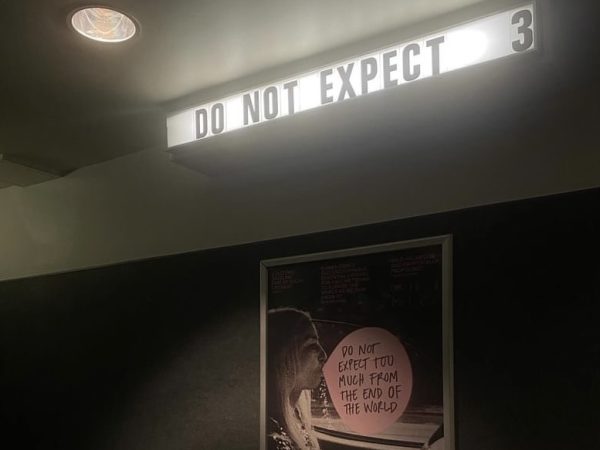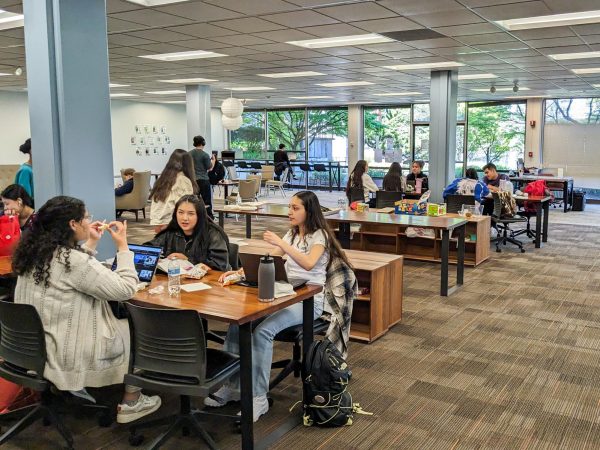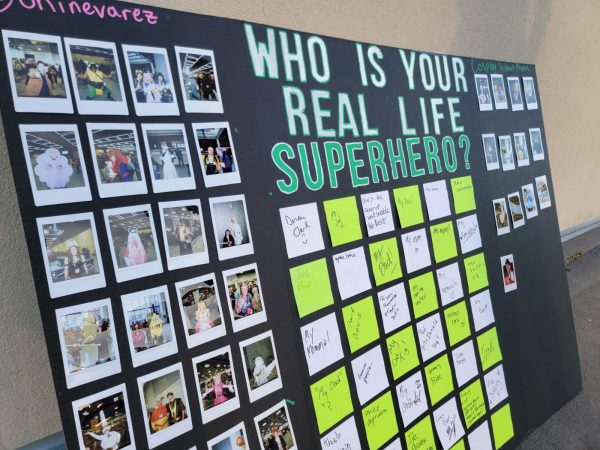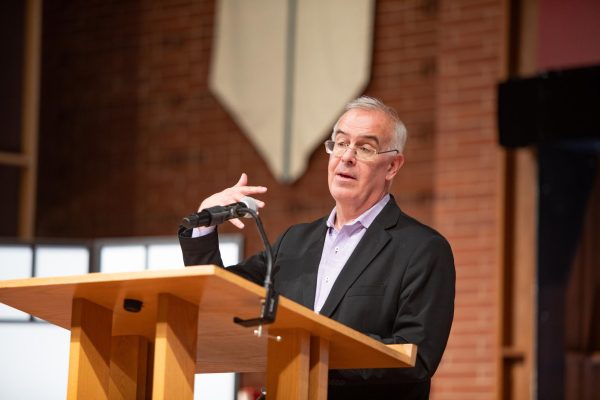Listening and learning
LGBTQIA+ representation once again at the forefront of conversation
November 10, 2021
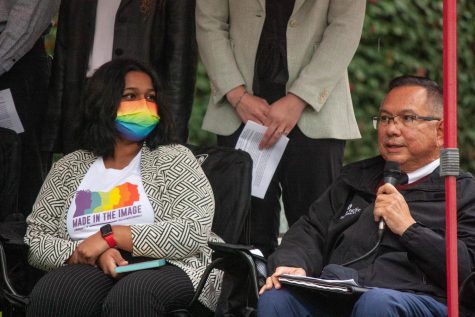
Seattle Pacific University is once again facing their history surrounding LGBTQIA+ issues. Two events that took place last week have sparked conversations and discourse around LGBTQIA+ representation and inclusion.
The Conversation is Now, an event sponsored by Associated Students of Seattle Pacific, took place Nov. 1 in Tiffany Loop. It consisted of testimonies shared by students, staff and alumni, as well as questions for both the ASSP core and Interim President Pete Menjares.
Chloe Guillot, ASSP vice president of ministries and one of the organizers for The Conversation is Now, believes the event went well.
“The event succeeded in getting people to show up, and that’s what I was looking for,” Guillot said. “To have everyone be present in the space to say, ‘we are here for the event and we care about this conversation, regardless of which side of the aisle we fall on, but we’re willing to engage.’”
Anonymous student testimonies spoke openly about the pain they experienced being a part of the LGBTQIA+ community at SPU, but also their love and hope for the school.
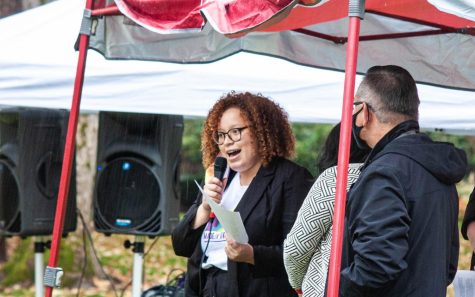
“I love SPU,” the student said, “not for the institutional hatred that I feel for my and my peers’ identity and passions for the sake of ‘comfortableness’. No, I love SPU in spite of it being a place with university leaders who say I don’t matter, because I love the actual people and community here at SPU.”
Menjares expressed at the event that he is committed to listening and learning from LGBTQIA+ students.
“One thing I have committed to doing is listening,” said Menjares, “but second, I want to be asking for help. I’ve been asking for colleagues both here and outside of this institution to refer me to experts and resources, but maybe the most important thing I can do is listen and listen to you.”
Not all students agree with ASSP’s mission to remove the Statement on Human Sexuality. One question was submitted by a student who felt that ASSP is not representing the entire student body.
“From what I’ve noticed, there’s no real opportunity for students who disagree with you to say anything on campus,” said the student.
In response, Menjares said he believes there needs to be more open conversation for both sides.
“I felt like that was a good question to ask. What would another side to this conversation look like?” asked Menjares.
The other event, SPU in One Room, was hosted by biology professors and looked at human sexuality from a biological standpoint.
Provost Laura Hartley, who helped to plan the SPU in One Room event on Nov. 2, realizes that SPU is in a unique time and that these conversations about sexuality and gender are part of a bigger conversation.
“What kind of institution has God called us to be and what does that mean for how we enact community?” said Hartley.
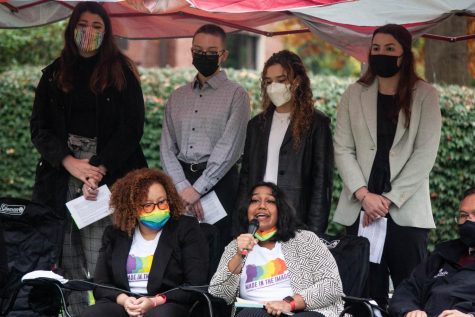
Professors took turns speaking at the event, each presenting on their area of expertise. Topics covered how gender is created biologically, how hormones affect development and examples of homosexual and intersex animals in nature. Elena Brezynski, professor of anatomy and physiology, stressed the variations that are present in this world and that this is a developing area of science.
“As a biologist, I’m not surprised by variation. Instead, I expect it as being part of the normal distribution of variations being in existence,” said Brezynski. “And as scientists we must change our mind in light of more information.”
Both Menjares and ASSP agree that these conversations need to keep happening.
“It’s really important that we can have further conversations. That event on Monday was the first step, and we’ll just continue to have as many of them as we need to ensure that we’re being heard,” said Menjares.
Guillot hopes that this conversation is just the beginning.
“These conversations are good to have,” said Guillot. “But if they don’t end in some kind of productive action afterwards, then it feels like [the conversations] didn’t accomplish their goal.”
For students who want to be involved in the ongoing conversation around LGBTQIA+ representation on campus, Guillot encourages them to get in touch with ASSP.
“We can’t do this alone. It’s going to require every person and every organization on campus being willing to speak out because we need collective action,” said Guillot. “We want to empower you and give you the resources you need.”

